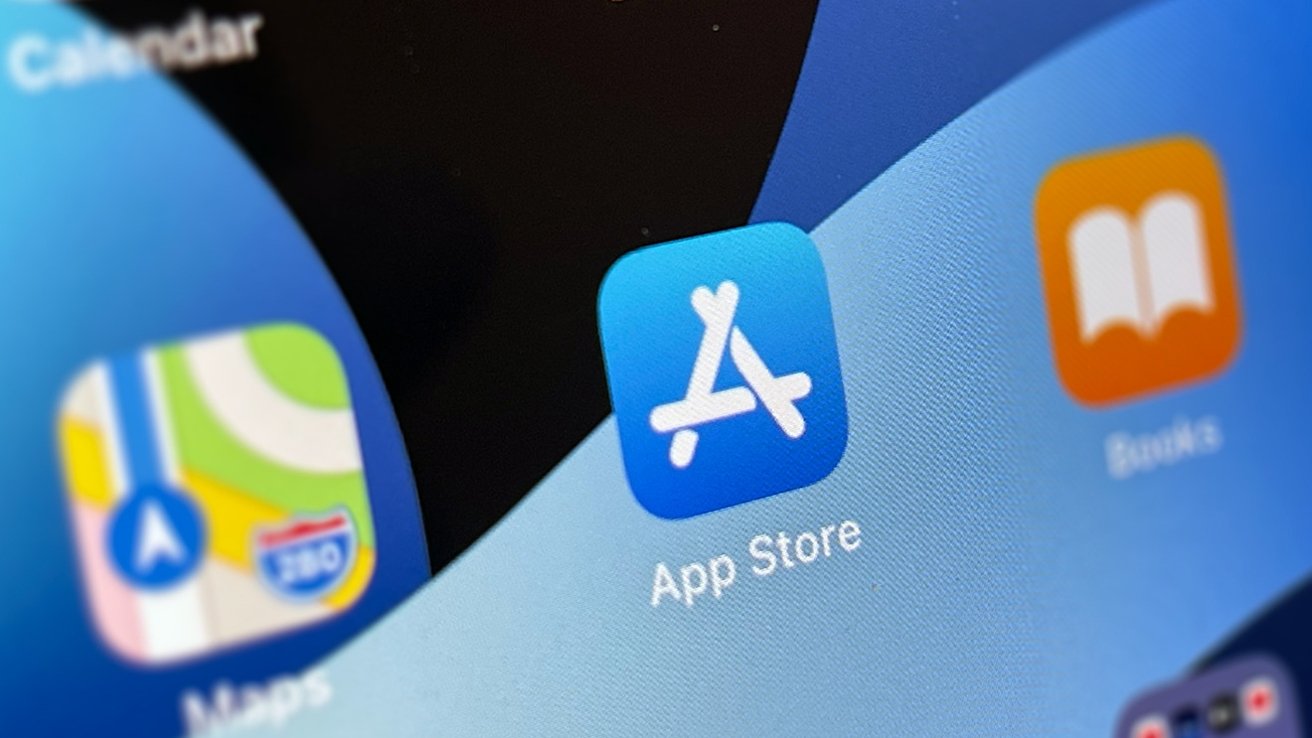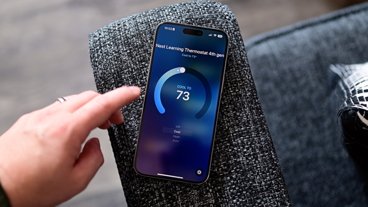U.S. lawmakers who seek increased regulation of Big Tech applauded the passage of a South Korean law that will force Apple and Google to accept outside payments in their respective app stores.
South Korea could soon become the first domino to fall in a worldwide effort to extricate Apple and Google from profits earned by developers on their online marketplaces. The country's parliament on Tuesday voted to approve regulations that would bar app store operators from requiring use of first-party payment systems.
The bill could significantly impact Apple and Google's bottom lines if signed into law by President Moon Jae-in, as both companies take an up to 30% cut of sales and in-app purchases. Implementation of alternative payment systems would allow developers to effectively bypass the commission.
U.S. lawmakers keen on placing restrictions on Big Tech players championed the decision from South Korea's National Assembly.
"South Korea is taking steps to foster competition in the app economy. The U.S. can't fall behind," Sen. Richard Blumenthal (D-Conn.) said in a tweet Tuesday, as reported by The Washington Post.
Similar measures are being explored by the U.S. Congress. In August, Blumenthal joined Sens. Amy Klobuchar and Marsha Blackburn in introducing the Open App Markets Act, a proposal that in part takes aim at first-party payment system requirements. The bill also puts prohibitions on penalizing apps that provide different pricing options on alternative online payment systems or platforms and restricts app store operators from using non-public information to their advantage.
"Mobile technologies have become essential to our daily lives, and now just two app stores wield incredible power over which apps consumers can access and how they access them," Klobuchar said last week. "When you see this same issue arising all over the world, it is even more obvious that we need to take action."
Rep. David Cicilline (D-R.I.), a Big Tech critic who co-sponsored companion bills on app store regulation in the House, last week said, "It is clear that momentum is building around the world to rein in abusive and anticompetitive practices by dominant online platforms, including in the mobile app economy."
Apple, for its part, maintains that the South Korean bill will put the safety and security of App Store customers in jeopardy.
"The proposed Telecommunications Business Act will put users who purchase digital goods from other sources at risk of fraud, undermine their privacy protections, make it difficult to manage their purchases, and features like Ask to Buy' and Parental Controls will become less effective," Apple said in a statement following today's developments.
Google offered similar sentiments, saying in a statement that "[w]e worry that the rushed process hasn't allowed for enough analysis of the negative impact of this legislation on Korean consumers and app developers."
In what is viewed as a bid to quell criticism of their app store strategies, Apple and Google introduced lower fee structures for certain developers in recent months.
Apple further agreed to make changes to App Store policy to settle a class-action lawsuit brought by developers who claim the tech giant wields monopoly power to exert "profit-killing" commissions and fees. In a significant shift, Apple will allow app makers in the U.S. to reach out to customers to discuss alternative payment methods.
 Mikey Campbell
Mikey Campbell














 Malcolm Owen
Malcolm Owen
 Christine McKee
Christine McKee


 William Gallagher
William Gallagher












24 Comments
doesn’t matter, honestly put up the options i’ll stick with the apple payment system, haven’t had any security issues and why spread my payment options to companies that haven’t lifted a finger to help in anyway shape or form
So how do these different stores reimbursement the Apple Shareholders that include me for the use of our company intellectual properties, R&D expenses, employees cost along with the other gambits of running a company?
This will only make it impossible for Apple or Google for that matter to keep out bad actors. If a credit card scam company pays for a developer account and decides to accept payments directly. Who is regulating that? The government? Which government and which agency. When the strange charges start showing up 6 months to a year later or PayPal and banking details start showing up on the dark web, who will these same officials go crying to?
The Reagan version of the little red hen is below. It was read on radio in 1976, a time when policies were being implemented leading to sclerosis of the economy, rising inflation and unemployment, and the USA was being regarded as has beens on the international front. I am so tempted to draw parallels with policies today, but hey, just because it didn’t work previously doesn’t mean it won’t work now the right people are in charge, eh?:
Once upon a time there was a little red hen who scratched about the barnyard until she uncovered some grains of wheat. She called her neighbors and said ‘If we plant this wheat, we shall have bread to eat. Who will help me plant it?’
“Not I, “said the cow.
“Not I,” said the duck.
“Not I,” said the pig.
“Not I,” said the goose.
“Then I will,” said the little red hen. And she did. The wheat grew tall and ripened into golden grain. “Who will help me reap my wheat?” asked the little red hen.
“Not I,” said the duck.
“Out of my classification,” said the pig.
“I’d lose my seniority,” said the cow.
“I’d lose my unemployment compensation,” said the goose.
“Then I will,” said the little red hen, and she did.
At last the time came to bake the bread. “Who will help me bake bread?” asked the little red hen.
“That would be overtime for me,” said the cow.
“I’d lose my welfare benefits,” said the duck.
“I’m a dropout and never learned how,” said the pig.
“If I’m to be the only helper, that’s discrimination,” said the goose.
“Then I will,” said the little red hen.
She baked five loaves and held them up for the neighbors to see.
They all wanted some and, in fact, demanded a share. But the little red hen said, “No, I can eat the five loaves myself.”
“Excess profits,” cried the cow.
“Capitalist leech,” screamed the duck.
“I demand equal rights,” yelled the goose.
And the pig just grunted.
And they painted “unfair” picket signs and marched round and around the little red hen shouting obscenities.
When the government agent came, he said to the little red hen, “You must not be greedy.”
“But I earned the bread,” said the little red hen.
“Exactly,” said the agent. “That’s the wonderful free enterprise system. Anyone in the barnyard can earn as much as he wants. But under our modern government regulations productive workers must divide their products with the idle.”
And they lived happily ever after, including the little red hen, who smiled and clucked, “I am grateful, I am grateful.” But her neighbors wondered why she never again baked any more bread.